Youth accuse police of sabotaging protest
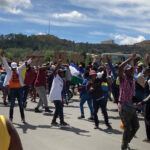
SHARE THIS PAGE!
The Lesotho Mounted Police Service (LMPS) has come under fire for allegedly denying young people their constitutional right to freedom of expression and assembly, after a peaceful protest march planned for today was called off due to what organisers believe was deliberate sabotage.
The march, which was intended to highlight the high rate of youth unemployment in Lesotho, was cancelled at the eleventh hour after organisers discovered that the police-issued permit listed an incorrect date – June 3 2025 – instead of the intended July 4 2025.
Organisers allege that the LMPS issued the permit with the wrong date intentionally, in a bid to frustrate the protest. Eric Adoro, who led the initiative, accused the police of undermining the protest’s legitimacy by mishandling the permit process.
According to the Meetings and Processions Application Form issued by the LMPS, the march was to take place from 09:00 to 11:30 on 3 June 2025, starting from Sethaleng sa Mopapa and proceeding via Katlehong and IEMS to Parliament where the youth were to hand over a petition to the Speaker of the National Assembly.
The conditions outlined in the permit included maintaining peace and adhering strictly to the time schedule.
It also warned that non-compliance would render the protest unlawful.
Speaking to theReporter, Adoro said efforts to secure approvals from relevant authorities were met with delays and unresponsiveness.
He said the Speaker of the National Assembly, Tlohang Sekhamane, could not respond to their request as he was out of the country.
The Maseru City Council and the police also delayed their responses, he added.
“Eventually, we pushed hard and were issued with the permit. But just as we were finalising transportation for the march, I noticed the date on the permit was wrong. When I called the police, they told me I had to restart the entire process and reapply seven days in advance,” Adoro explained.
Adoro clarified that he does not represent any youth organisation and was not elected by one. “I simply made the call and rallied fellow youth to speak up. The intention was never to cause chaos but to raise awareness,” he noted.
In a statement issued on Wednesday, Adoro said the incorrect date on the permit had gone unnoticed by the organisers and supporters across all platforms.
“The mistake rendered the permit invalid, and we were told there was not enough time to make corrections,” he added.
The statement also claimed that the police had unilaterally changed critical details, such as the date, time, and route, without consulting organisers.
“The protest, originally scheduled for Friday, 4 July 2025, was suddenly set for Thursday instead, creating confusion and communication breakdowns,” it added.
Despite the setbacks, Adoro urged fellow youth to remain calm and united. “This struggle for employment and justice is not easy. But we cannot let these challenges divide or discourage us.”
However, the police have rejected the accusations. Deputy police spokesperson Sub-Inspector ‘Makeabetsoe Mofoka told theReporter yesterday that organisers have a responsibility to submit complete and accurate applications, including the date.
“Our role is to review the proposed route and ensure public safety. We do not change the date. If the organiser requested 3 July, that is what would be reflected,” she said, insisting that police are never wrong.
Mofoka later conceded to what she called ‘a typographical error’ on the part of the police, and went on to state that it should not have caused the cancellation of the march.
“They could have contacted us and gone ahead with the march. A typo does not automatically invalidate a permit. The organisers gave up too easily,” she said.
She further revealed that the police were ready to provide security and to escort the procession. “The organisers failed to check their documents thoroughly and acted irresponsibly,” Mofoka added.
In a new twist of events, Adoro told this publication yesterday afternoon that police had called him to apologise for the error.
Meanwhile, young people who spoke to this publication this week described protest marches as a vital mechanism for citizen engagement and social change in democratic societies.
They insisted that marches provide a platform for expressing dissent, raising awareness about issues, and influencing public opinion and policy, adding that – through peaceful demonstrations – marginalised groups can amplify their voices, challenge power structures, and advocate for their rights.
Elaborating on the significance of marches, they pointed out: “Protest marches are a tangible manifestation of the right to freedom of expression and peaceful assembly, which are cornerstones of democracy. They allow citizens to voice their opinions, grievances, and demands publicly, even if those views differ from the mainstream.
“Large-scale protests can capture media attention and public interest, bringing issues to the forefront of political and social debate. By organising and participating in marches, activists can educate the public, challenge dominant narratives, and encourage a more informed and engaged citizenry.
“Protests can pressure governments and other institutions to address grievances, reform policies, or adopt new measures that align with public demands. They can also serve as a check on power, holding those in authority accountable for their actions and decisions.”

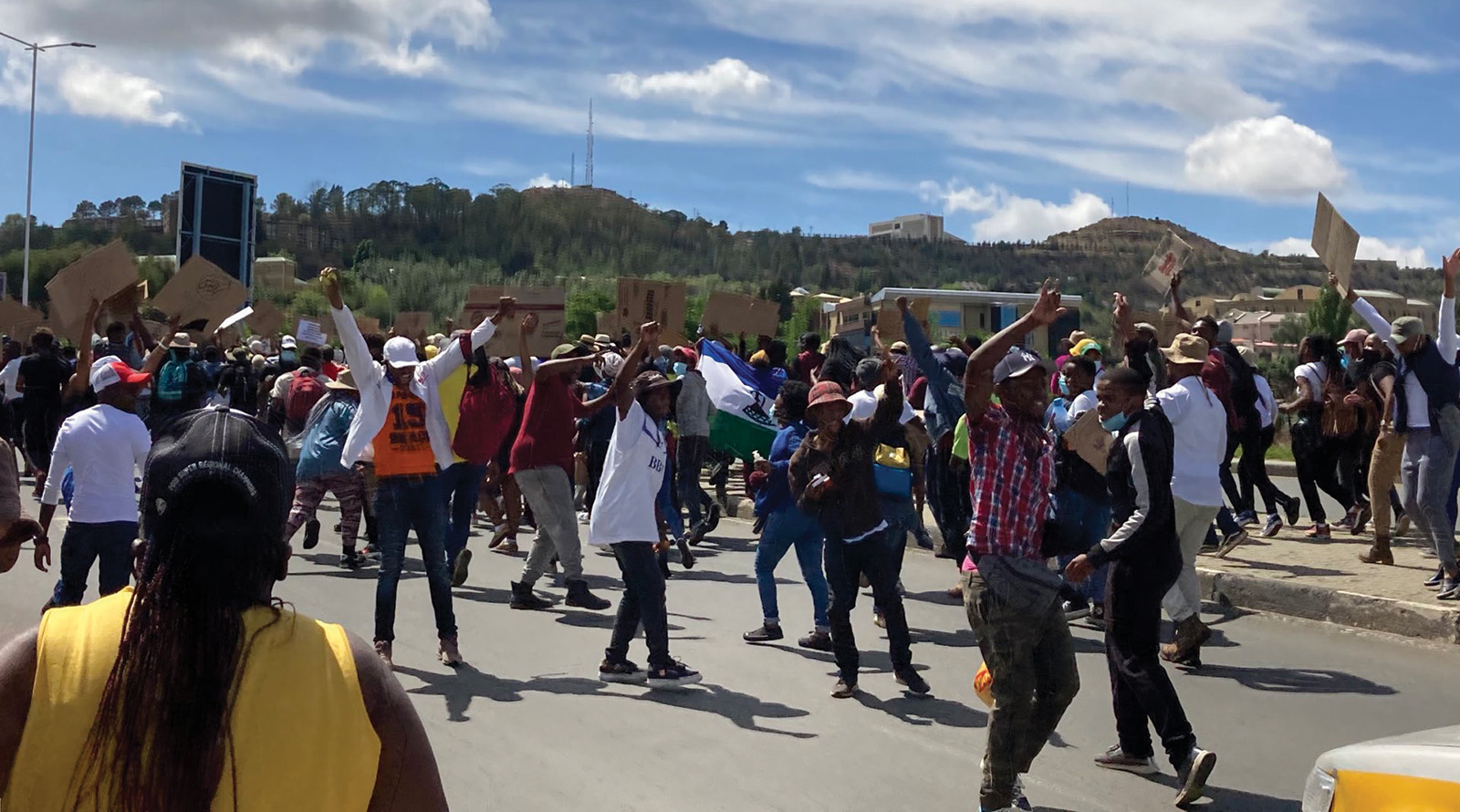
Youth accuse police of sabotaging protest
5 days ago
LCS officers demand standard salaries
5 days ago
Govt ordered to suspend vendors’ eviction
8 days ago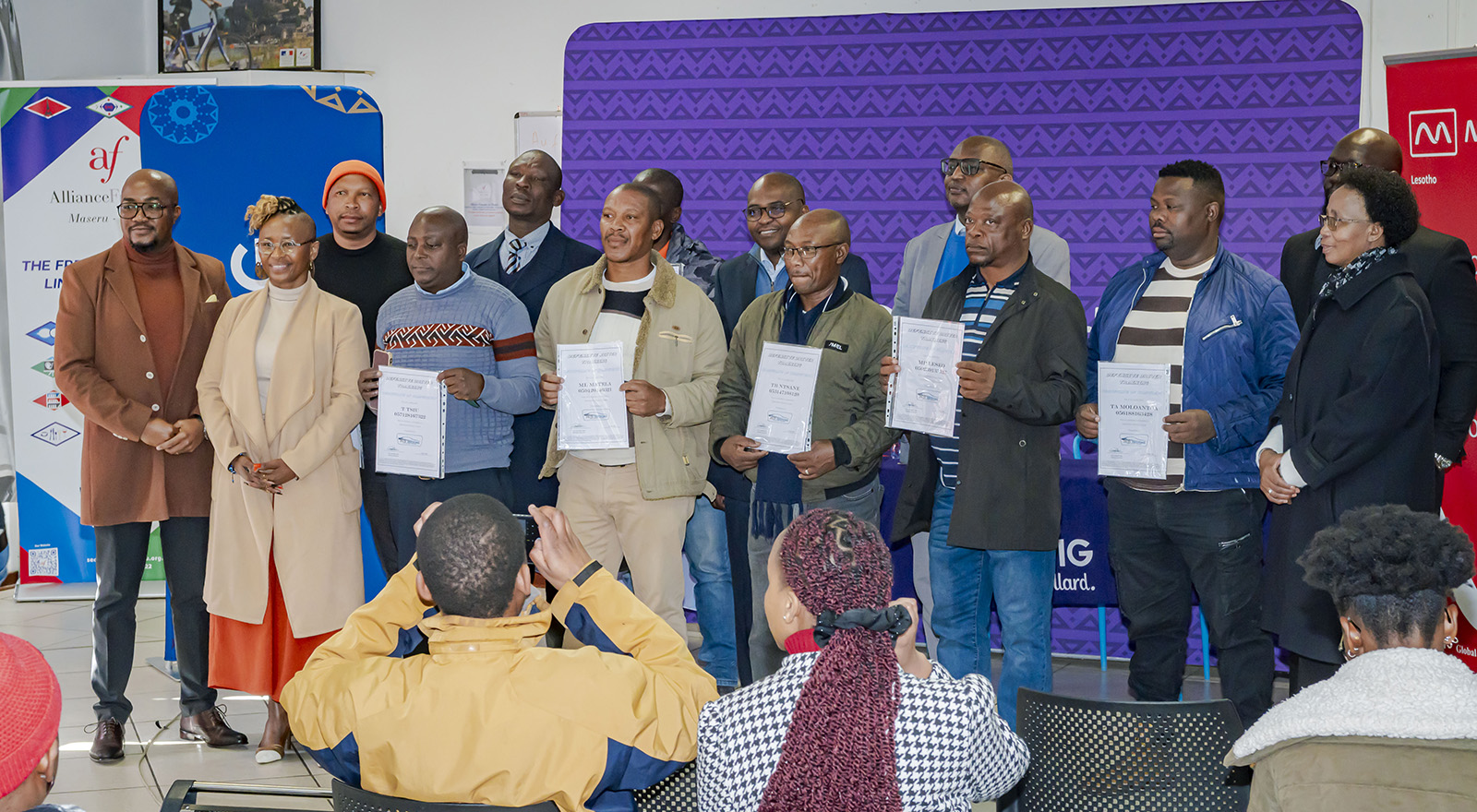
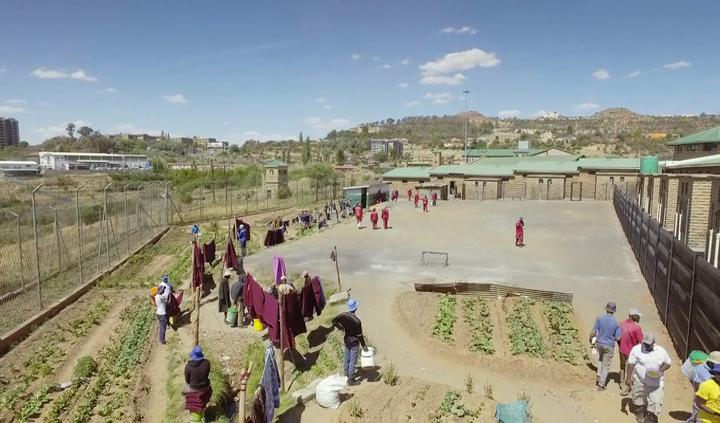
240 inmates released on parole
9 days ago
Matekane calls for stronger trade cooperation
11 days ago

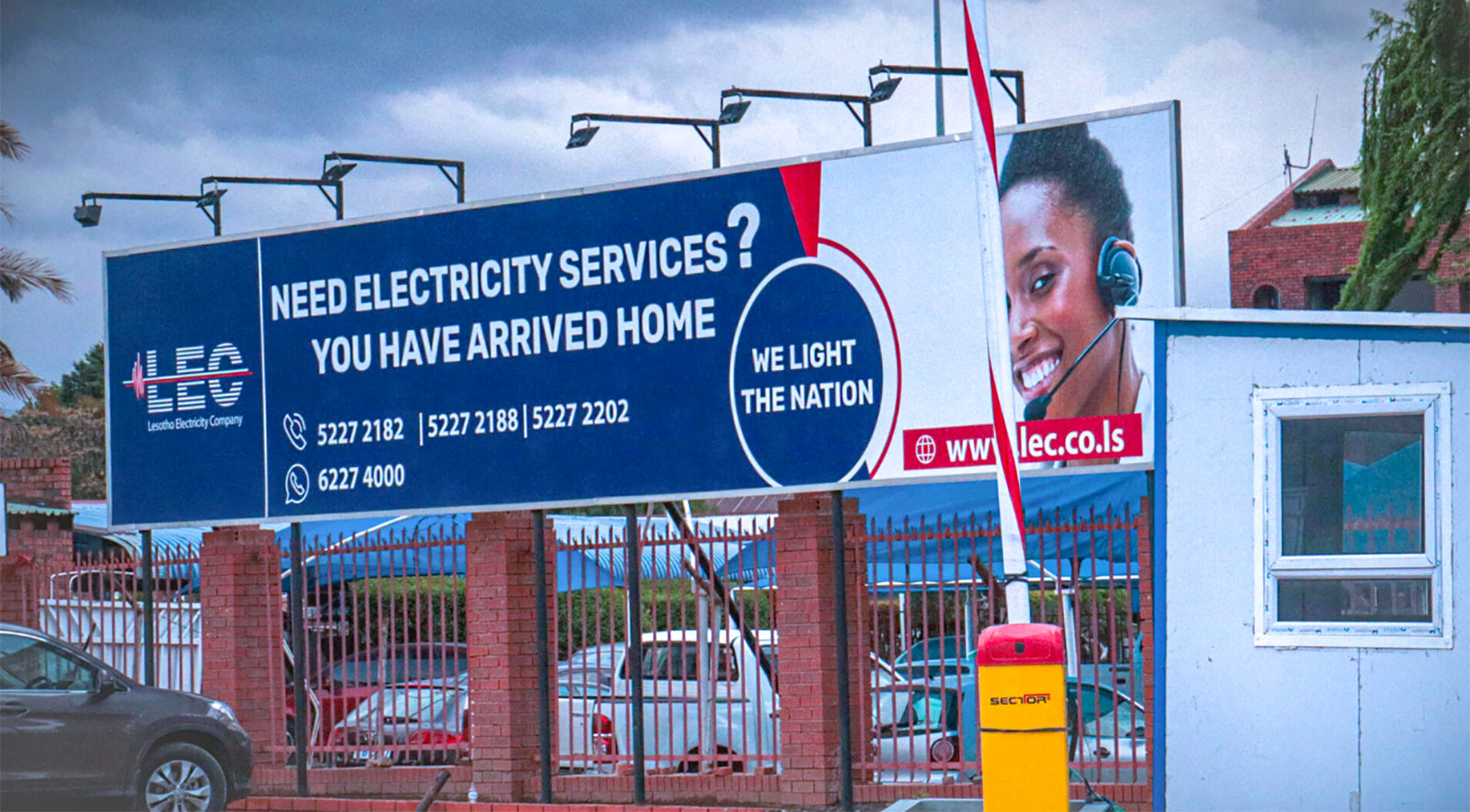
Cash-strapped LEC hikes staff salaries
15 days ago